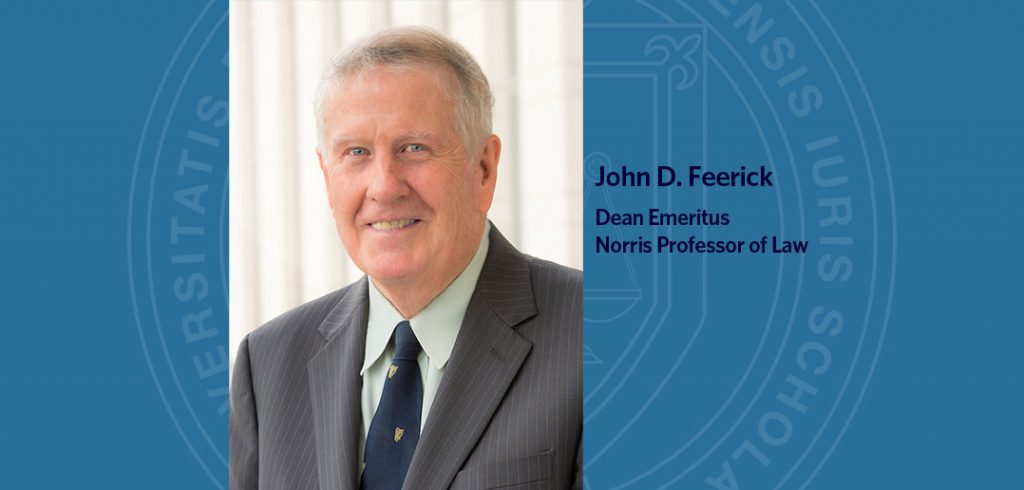Dean Emeritus and Norris Professor of Law John D. Feerick ’61 discusses electoral college reform and the upcoming 2020 presidential election in an op-ed for America Magazine.
In the presidential election of 2000, George W. Bush won a majority of the Electoral College while Al Gore won the popular vote by a margin of more than 500,000. In 2016, the Electoral College winner, Donald J. Trump, polled almost three million fewer votes than his opponent, Hillary Clinton. Some political scientistspredict more split results like these if current projections hold true and the population becomes more concentrated in fewer states. One reason is that small states each get at least three electoral votes regardless of population size—a form of disproportionate representation that raises profound issues for our democracy.
…
Previous attempts to end the Electoral College have failed because reformers have differed on how to change the system and because opponents have argued that the Electoral College has both provided stability and ensured representation for all states. But does fundamental fairness require that every vote be equal in a presidential election because the president is elected to represent all of the United States? This one-person, one-vote principle prevails in all other U.S. elections and was at the core of the amendment that passed the House in 1969. It is also embraced by the National Popular Vote Plan, which I will discuss later in this essay.

